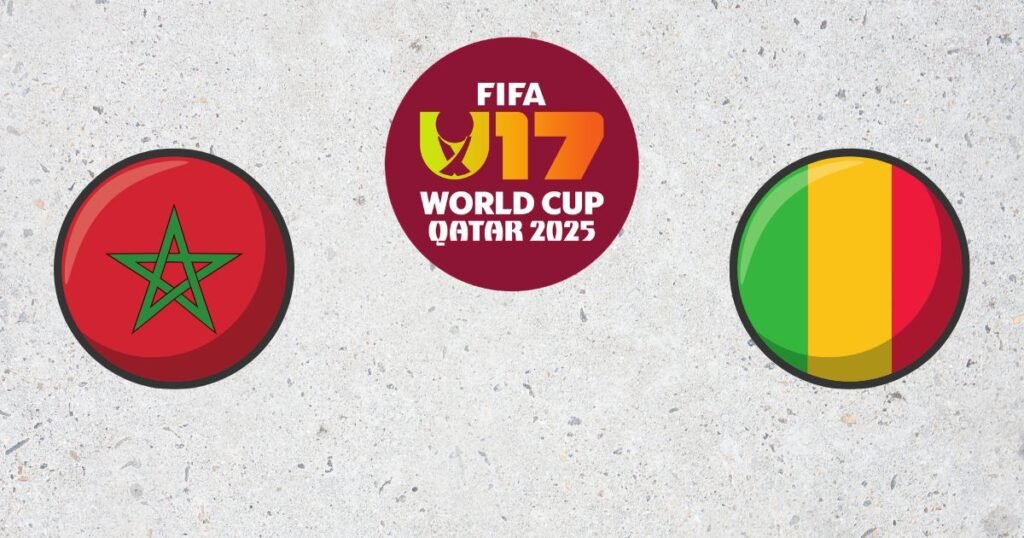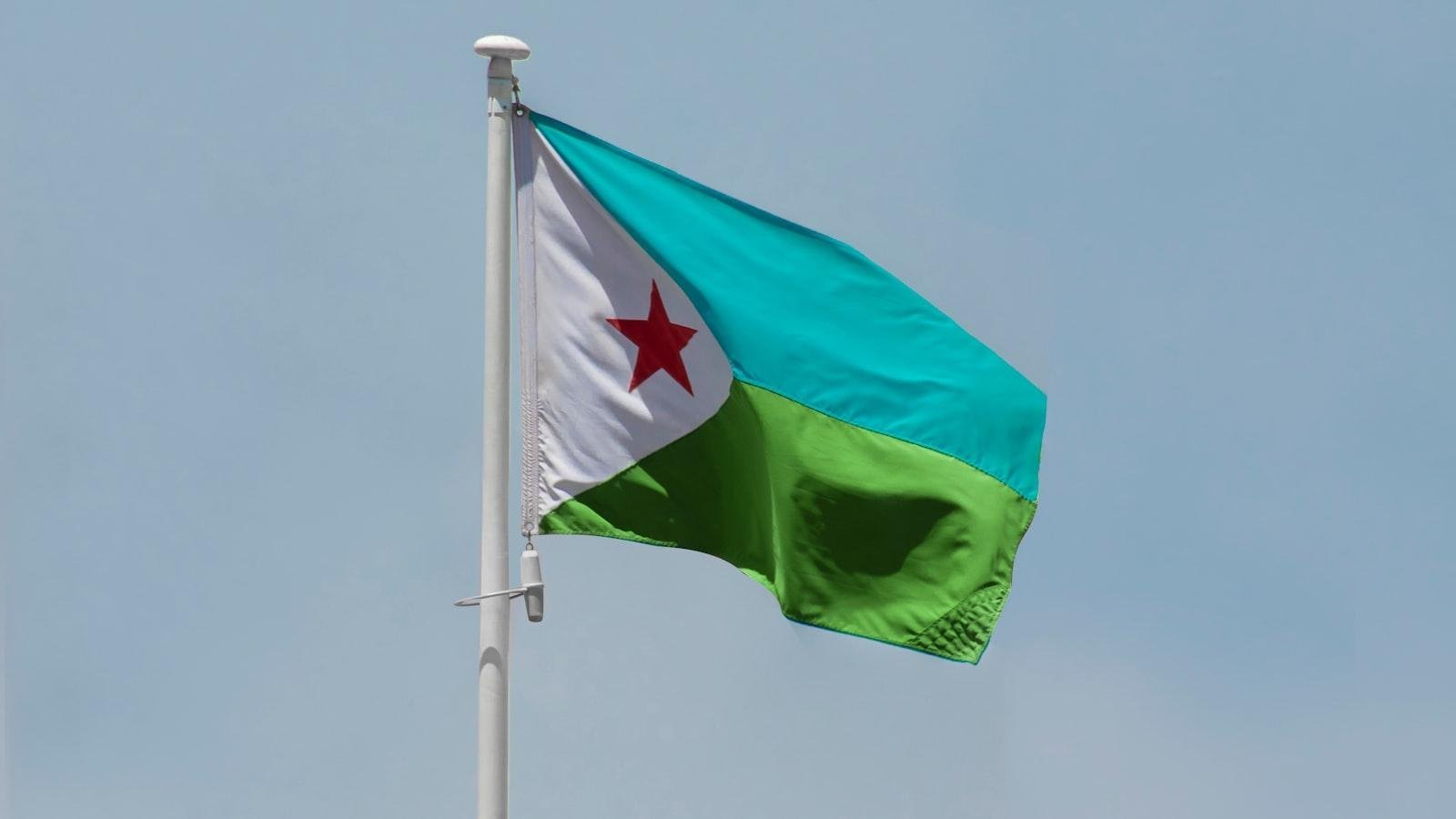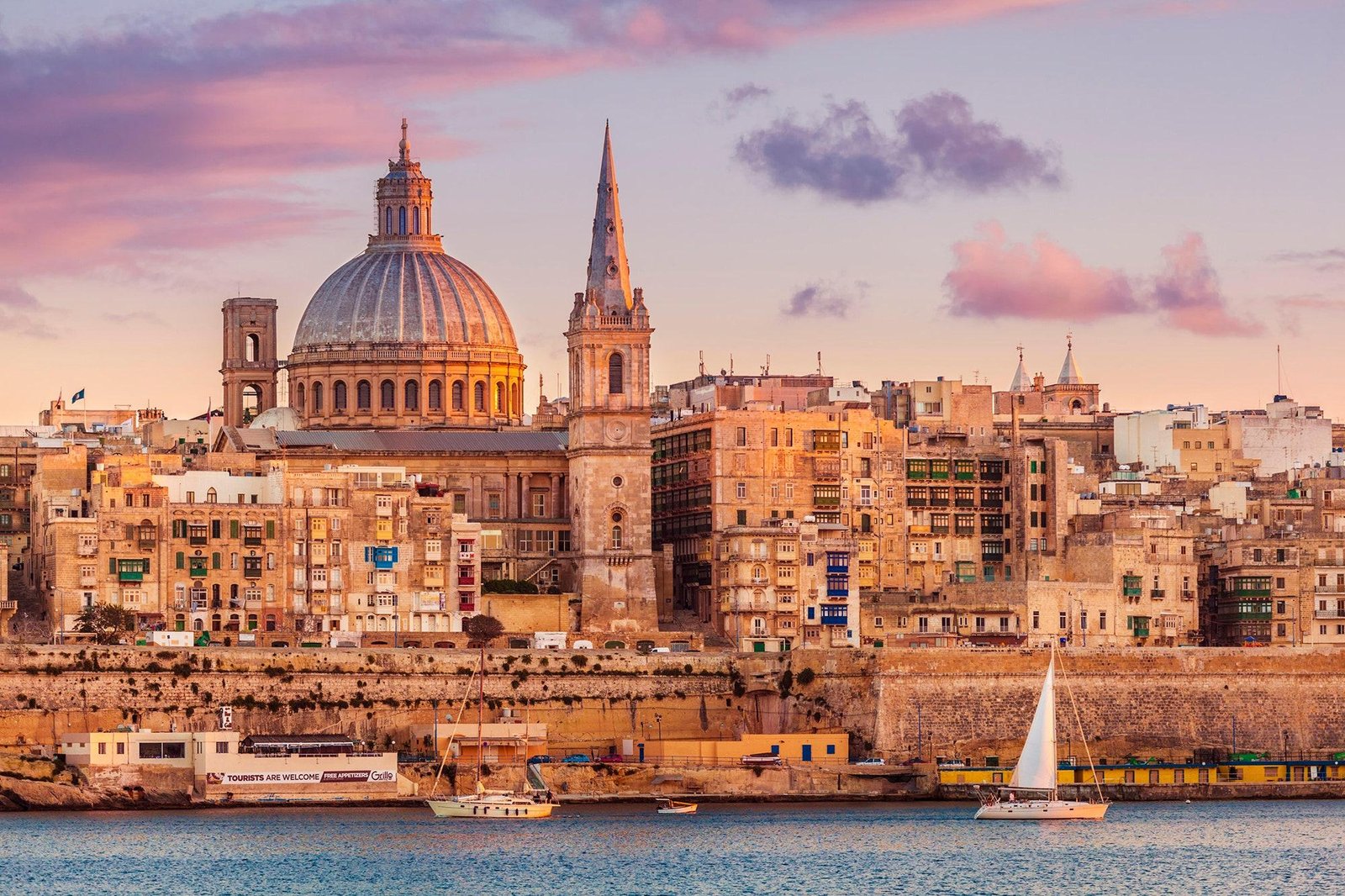Now Reading: Central African Republic
- 01
Central African Republic

Central African Republic
The Central African Republic, a landlocked country located in the heart of Africa, is a nation rich in natural beauty and cultural diversity. Despite its potential for growth and prosperity, the country has faced numerous challenges over the years, including political instability and humanitarian crises. In this article, we will explore the history, geography, and current affairs of the Central African Republic, providing a comprehensive overview of this fascinating and complex nation.
History of Central African Republic
The Central African Republic, located in the heart of Africa, has a complex history shaped by colonialism, independence struggles, and political instability. Originally inhabited by various indigenous tribes, the region was colonized by the French in the late 19th century. After gaining independence in 1960, the country has faced ongoing challenges including coups, civil wars, and humanitarian crises.
Key events in the history of the Central African Republic include the rule of self-proclaimed Emperor Jean-Bédel Bokassa, who declared himself Emperor in 1976 and was later overthrown in a French-backed coup. The country has also seen periods of instability and violence, with various armed groups vying for power and resources. Today, the Central African Republic continues to work towards peace and stability, with the support of international organizations and peacekeeping missions.

Political Instability in Central African Republic
In recent years, Central African Republic has been plagued by political instability, leading to widespread unrest and conflict within the country. The ongoing power struggles between various political factions have resulted in a lack of stability and governance, leaving the country in a state of turmoil. This instability has had devastating effects on the population, with many civilians being displaced and living in precarious conditions.
The political situation in Central African Republic is further complicated by the presence of armed groups and a history of ethnic tensions. The lack of effective governance has allowed these groups to gain power and influence, exacerbating the already volatile situation. The international community has been closely monitoring the situation, with efforts being made to promote peace and stability in the region. However, the road to lasting peace in Central African Republic remains uncertain, as political tensions continue to simmer and threaten the well-being of the population.
Economic Challenges in Central African Republic
Central African Republic is facing significant economic challenges that are hindering its growth and development. One of the major issues is the high level of poverty in the country, with a large portion of the population living below the poverty line. This has resulted in limited access to basic necessities such as food, clean water, healthcare, and education.
Additionally, the Central African Republic is plagued by political instability and conflict, which have further exacerbated its economic woes. The ongoing violence and unrest in the country have deterred investors and hindered economic growth. The lack of infrastructure, inadequate healthcare and education systems, and the high unemployment rate are also contributing factors to the economic challenges faced by the Central African Republic.
Humanitarian Crisis in Central African Republic
The ongoing humanitarian crisis in the Central African Republic continues to worsen, with millions of civilians facing violence, displacement, and lack of access to basic necessities. The country has been plagued by conflict and instability for years, resulting in widespread human rights abuses and suffering.
Thousands of people have been forced to flee their homes, seeking refuge in overcrowded displacement camps where conditions are dire. The lack of clean water, food, and healthcare is exacerbating an already precarious situation, leaving vulnerable populations at risk of disease and malnutrition. International aid agencies are working tirelessly to provide assistance, but the needs are overwhelming and resources are limited.
International Efforts and Recommendations for Central African Republic
involve a collaborative approach from various organizations and countries to address the ongoing challenges in the region. One of the key recommendations is to prioritize peacebuilding and conflict resolution initiatives to restore stability and security in the country. This includes working with local communities, government officials, and international partners to promote dialogue and reconciliation.
Additionally, there is a call for increased humanitarian assistance to address the urgent needs of the population, including access to basic services such as healthcare, education, and food security. Organizations like the United Nations and non-governmental organizations play a crucial role in delivering aid and support to the most vulnerable populations in Central African Republic. By mobilizing resources and working together, the international community can make a meaningful impact in promoting peace and development in the region.
Final Thoughts
In conclusion, the Central African Republic is a country with a rich cultural heritage, but also faces many challenges in terms of political instability, poverty, and conflict. Despite these obstacles, efforts are being made to promote peace and development in the country. The Central African Republic’s future remains uncertain, but with continued support from the international community, there is hope for a brighter tomorrow for its people. Thank you for reading and gaining a better understanding of this complex and dynamic nation.











